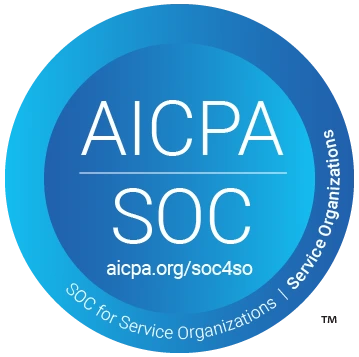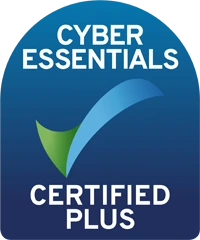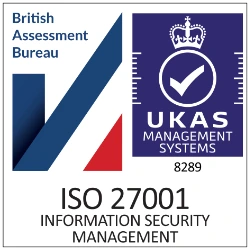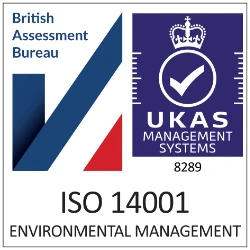GLAS Spotlights
Niamh Kerr
Senior Business Solutions AnalystDriving Innovation Through Collaboration: Niamh’s Journey at GLAS
Niamh, a Senior Business Solutions Analyst at GLAS, shares how her passion for technology, problem-solving, and people has shaped her career. From her early days as a developer to leading complex system design projects, Niamh reflects on the importance of continuous learning, cross-team collaboration, and embracing innovation, especially in the evolving world of AI.
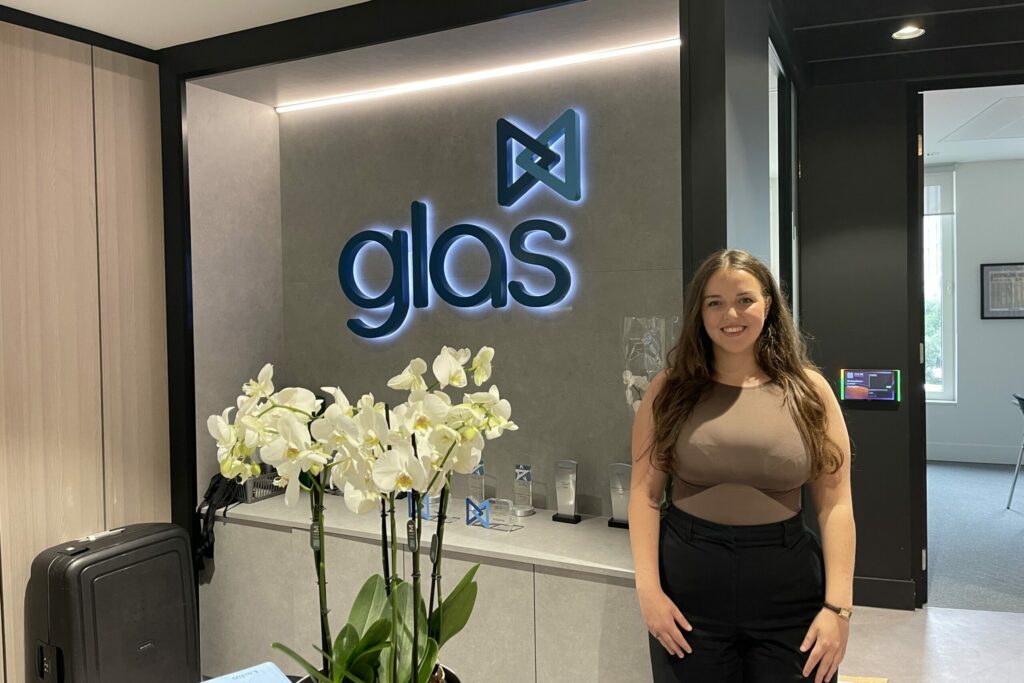
Can you tell me about yourself?
NK: I’m Niamh, and I’m originally from the north of England. I went to the University of Leeds where I studied mathematics and then moved down to London just over three years ago to work for GLAS.
Pilates is my new workout obsession, and I sew, I’m currently trying to make some of my own clothes. I also play a lot of sports such as rugby.
What made you want to go into the financial services industry?
NK: There’s lots of different jobs in finance, but I was specifically interested in the technology. I liked the drive for innovation in the industry especially in London and the challenges that come with that.
There are lots of opportunities to solve problems in innovative ways as its ever evolving.
Can you describe your role at GLAS and a personal goal in work that you’re currently working towards?
NK: I’ve been at GLAS for about three and a half years. I started as a developer, working on in-house tools and bringing in new tech and processes. Then I moved into a hybrid role being part BA and part developer, this included doing process mapping, gathering requirements, and building solutions, often collaborating on bigger projects like financial models and tools.
Eventually, I transitioned fully into a business analyst role, focusing on requirements gathering, working with external providers, and improving systems. I also introduced tools to support design work, specifically for interface design and process mapping.
Towards the end of last year, I was promoted to Senior Business Solutions Analyst. Now I have more responsibility, taking on larger more complex parts of the systems definition and design. I work closely with developers and product owners across the full development lifecycle, and I’m also involved in innovation work, which I love.
Right now, I’m focused on expanding my knowledge, especially around new technology and AI. It’s a big part of the industry and my role. I want to get better at recommending the right tech and understanding how to implement it within our infrastructure.
How do you stay motivated, handle stress and maintain a good work life balance?
NK: I stay motivated by always learning. When things get a bit dull or tough, I dive into something new. I recently did a Microsoft workshop on automation with Power Automate, and I’m trying to join as many of their AI sessions as I can, though my schedules pretty packed.
I also like mixing things up at work. Being part of the social and community committee gives me a bit of variety during the day. My role can be stressful, especially with strategic projects and tight deadlines, but I try to stay calm and deal with issues early by checking in with the team.
When it gets too much, I’ll go work out or just take a breather, maybe grab a cup of tea (very northern of me!). Mostly, I remind myself that it’ll work out. It might be stressful now, but it’s not the end of the world.
What do you like the most about working at GLAS?
NK: Definitely the people, I’ve made some great friends at GLAS. My role at GLAS means that I need to balance the unique needs of different teams, but everyone’s always very collaborative and willing to help.
I do enjoy my role. I get to speak to such a wide range of people, from grads to board members, and I’ve even done demos for investors. There are lots of opportunities because of the kind of work I do and the relationships I have built up over the years.
Of course, not every task is thrilling, but overall, I find the work genuinely interesting. Plus, I’m chatty, so getting to talk to lots of people and solve problems every day is a big win for me!
What makes the GLAS culture unique compared to other companies you’ve worked for?
NK: I’ve only worked at two companies before GLAS, and I’m only 26, so my answer might not be super eye-opening. But honestly, what stands out to me is that over the years, GLAS has always been open to trying new things. If you’re willing to put in the work and make something happen, they’ll support you. They’ll give you the space to give it a go, I think that’s unique about the culture here.
I’d also say it’s the people. I know that probably sounds a bit cliché, but it’s true. Because things can get a bit hectic and we’re all in the trenches together, there’s this real sense of, “We’re in it together, let’s get through it together.” That’s something I’d say really sets GLAS apart.
How does GLAS encourage learning and collaboration between younger and more experienced team members?
NK: I think GLAS does a good job supporting collaboration across generations. Our internal tools give everyone access to training, no matter their experience level, which helps bridge the gap between younger team members and more seasoned colleagues.
A lot of my learning has been self-driven, especially around AI and emerging tech, I’ve also seen that same curiosity in younger team members. At the same time, more experienced colleagues bring valuable insight that helps guide that learning.
There’s also formal support, like the finance team doing their accounting exams, and I’ve rarely been told no when I’ve asked to pursue training. That mix of self-led and structured development really helps everyone grow and learn from each other.
What emerging technologies are you seeing in your department that could shape the future of finance and how do you see GLAS adapting to and growing with advancements like AI?
NK: AI is huge right now, everyone’s talking about it, though not everyone fully understands it. Most people think of tools like ChatGPT or Copilot that help with emails or small tasks. But the real impact, for me, is AI built into processes.
Think automation, AI agents doing low risk manual tasks, using prompts to extract data from unstructured documents, summarising complex legal terms, searching across large document sets where the documents haven’t been tagged, even sentiment analysis. It moves people away from repetitive tasks and lets them focus on adding value.
Trust is a big part of it. These systems need to be reliable, and that takes training and a lot of data. I also think we’ll see new roles, with people checking AI outputs, refining them, helping models learn. So, it’s not about replacing jobs, it’s about evolving them.
And yeah, I do think GLAS is moving in the right direction. We’re already using AI in some areas, especially around process automation. The goal is to make people’s work easier, with less manual input and more time for meaningful work. That’s where we’re seeing the biggest benefits already.
What advice would you give to someone aspiring to be in a similar role?
NK: I gave this advice to someone recently. Being a business analyst is part skill, part relationship-building. It’s about knowing who to go to and how to get the information you need.
One of my strengths is the relationships I’ve built. Having rapport with a wide variety of people makes everything easier and usually people are always willing to give you the time of day when you call or wander over to their desk.
Secondly, people don’t love change, and a big part of our job is driving it. So, it’s about bringing them along making them feel involved and showing the value of what we’re building. It doesn’t have to be perfect, just useful enough to them that they want to use it when its delivered.
And finally, communication really matters. Tone and timing can completely change how people respond. It’s not in the job description, but it makes a huge difference.



